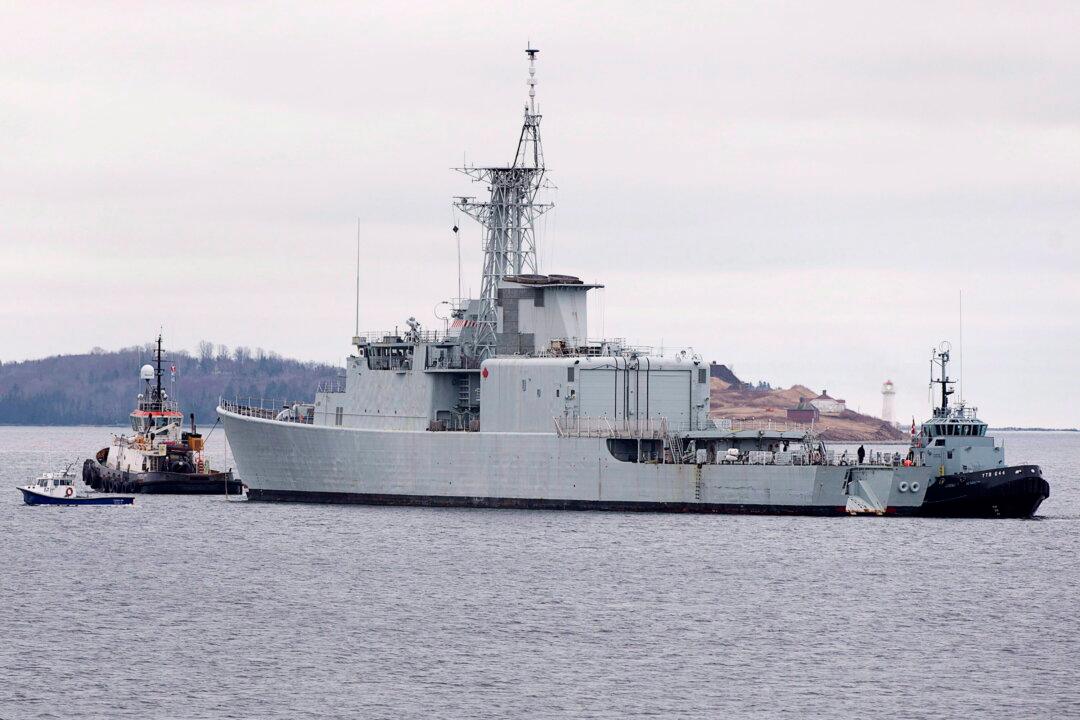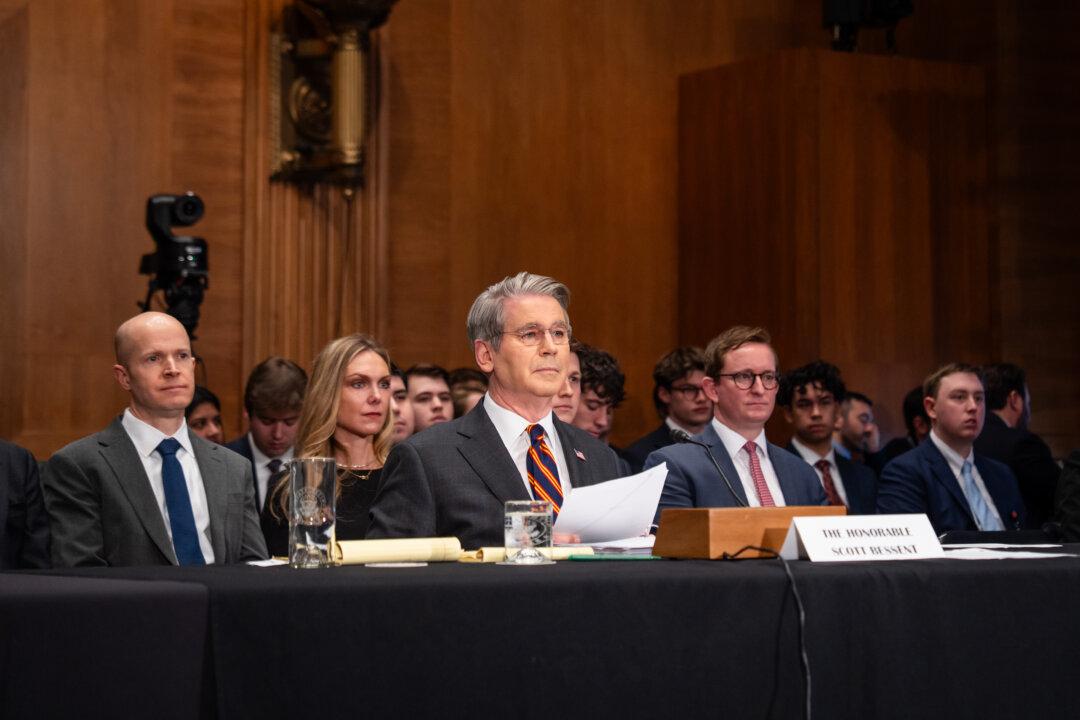While the ArriveCan scandal and other procurement debacles have raised serious concerns around ethics and potential conflicts of interest, an expert says government purchasing practices are plagued with broader issues going back decades.
According to Alan Williams, a former assistant deputy minister (ADM) at three federal departments including Public Services and Procurement Canada (PSPC), when it was known as Public Works and Government Services Canada, this includes PSPC having overly strict procurement practices in some cases and overly lax approaches in others.





